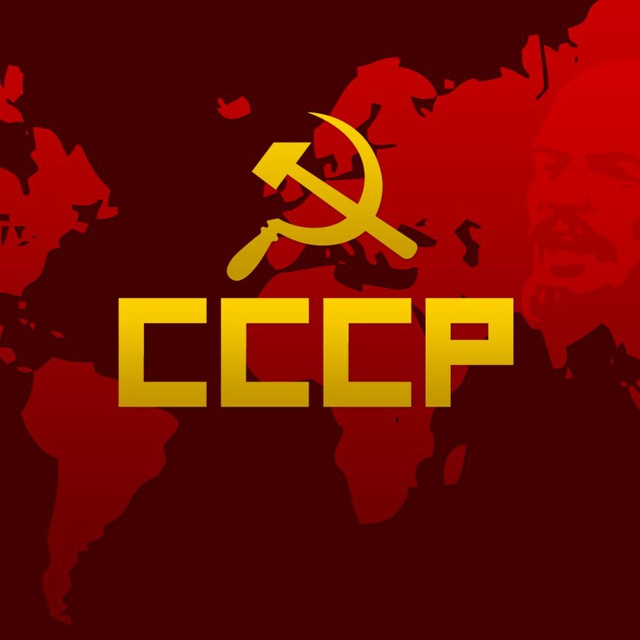
We continue to analyze the theme of “people’s sovereignty”, the roots of which go back to the essence of personal subjectivity. Not necessarily all personally subjective form a layer of persons who ensure “sovereignty” as a democratic principle, but there are no defenders of sovereignty who are devoid of individual subjectivity.
Historically, the countries of the former USSR went through a grandiose purge, as a result of which “subjective impotence” was no longer perceived as a social deviation.
In this sense, the entire educational mechanism was built on the principle of the absence of choice (even an illusory one). This way of building an ideological model makes it possible to bring a person’s life to automatic perception, and hence to the absence of the need for critical (or at least conscious) thinking.
The quite frequent practice of issuing wages in products is just one of the mechanisms for the destruction of choice as an element of social logic.
When receiving money, a person acquires the possibility of a basic choice between several types of products. But we remember that even in the case of wages, the choice was not given: “one type of sausage”, “one type of cheese”, etc.
The possibility of the existence of a person as a subject stems from the ability of this very person to make everyday and fateful choices. If the state makes this choice instead of citizens (under any guise) – it is certainly engaged in the destruction of personal subjectivity.
Let’s go back to the original position of “choice”.
Every child from the moment the first conscious reactions appear should be given the opportunity to make everyday choices. This may initially concern preferences in food, drinks, etc., but it is fundamentally important that he learns to consciously choose “water or juice”, “porridge or puree” in accordance with his PERSONAL desires and needs.
And after making a choice, he must see the result of this choice in front of him. That is: if a baby chooses mashed potatoes and juice for lunch, then he should see them in front of him, regardless of whether the parents wanted to serve him this particular menu or not.
Moreover, from the moment the child begins to build the first logical chains, it is fundamentally important that these very chains become an important component of his being. He must be aware of the short-term and long-term consequences of his actions, based on the knowledge that he possesses.
In fact, it is impossible to say “no” to a child without arguing your prohibition on the basis of a specific sequential logic (Arguments “this is not accepted”, “it’s ugly”, “good boys / girls don’t do that” are strictly prohibited, since they do not represent an objective sequential base, and rely only on subjective perception – that means they kill the awareness of choice as a constructive element of thinking).
That is, the subjectivity of a person is based on the character that is formed at an early age: and the behavioral triggers that were formed at the stage of the formation of thinking are extremely difficult to destroy without professional help or personal explicit desire.
The character trait called “indecision” is based on lack of independence as a result of the lack of experience of a conscious choice, resulting in the formation of fear of the consequences of that very choice.
This is how a society of “followers” is formed, who cannot exist without a person who will choose their fate for themselves. And the propaganda image of Lukashenka as the supreme “father” was just built in the period of the 90s, when people who were not ready for a conscious choice after the wildest educational practice were faced with the need to make it. And Lukashenka said that the people would not have to make a risky choice on their own, since he would “tell” how to bring everyone to a utopian paradise.
So the initial path to subjectivity is a series of 3 skills:
- the ability to independently make a choice of any importance
- the ability to make important choices based solely on personal short-term and long-term forecasts
- the ability to refuse “authorities”, leaders and other “advisers” when it comes to at least a personal future
